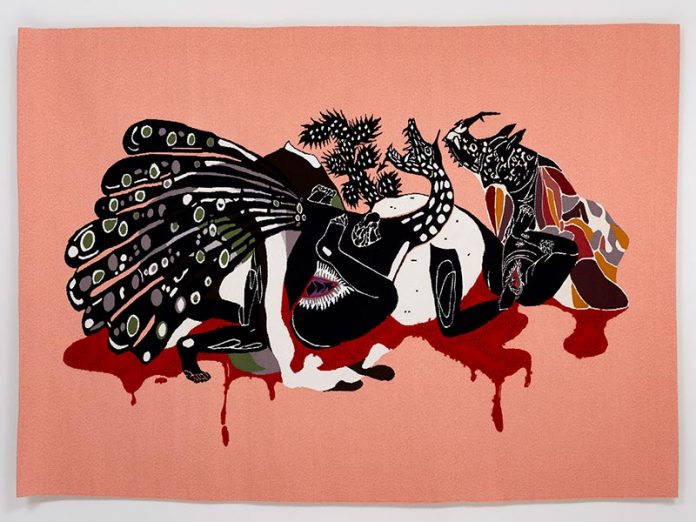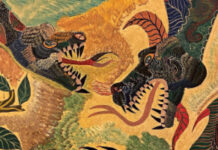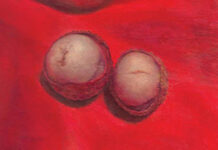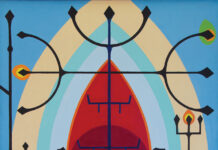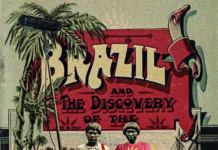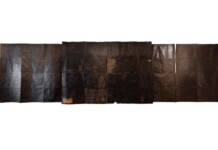Since March 2020, while we isolated ourselves as a form of security in the face of an epidemic unprecedented in our generation, we accompanied the closure of our daily meeting spaces: bakeries, bars, restaurants, cinemas, theaters, museums, galleries, bookstores, hairdressers. Thus, each of us organized our activities seeking solutions to a completely unexpected reality.
At the same time, in the world and in Brazil specifically, crimes of omission and attacks on life were intensified: against rivers, mangroves, forests, animals, women, blacks, immigrants, cultural institutions, in short, attacks on everything that did not represent an immediate socioeconomic retribution or did not generate some kind of immediate profit. Solutions for health and science began to be questioned at the expense of supposed fiscal and financial gains.
We had the feeling that the floodgates of a dam filled with backwardness and hatred were opened and, almost like in a sci-fi movie, monsters of all kinds were in a stampede capable of updating the atrocities that once formed part of our colonial history.
The cover of this edition, a detail of the work Trópicos malditos, gozosos e devotos 7, 2020, by the artist Rivane Neuenschwander, is almost a synthesis of what the unconscious and art can come to express, against fear and violence.
When we began discussions on the holding of our 6th International Seminar in May of this year, together with the directors of the Goethe-Institut, our partners in the project, the urgency of defending man and nature were urgent. We feel the need for art to be part of the reflection on the notion of the world we want to inhabit.
In this sense we managed to enable a virtual meeting, where the cast of guests – artists, philosophers, scientists, environmental leaders and curators – who have been working in this complex scenario for a long time, had the opportunity to talk about their activities in their different countries and places of activity.
“When we break the flows of the Earth, we harm it, because it is a whole, it has a consciousness of its own and we cannot cut it as a mosaic, as we are doing. For hundreds of years our shamans have been warning to take care of nature, we are nature,” said young indigenous activist and artist Naiara Tukano wisely.
So we made the meeting a place from where we could feel less alone, as a method of defense. Word and art have been fundamental weapons for reflection, comfort and attack.
Andrea Giunta, researcher and curator of the Mercosur Biennial 12, who had to dive into the adaptation of the event with the project curators, said at the Seminar: “Art has the ability to be an archive, an archive of experiences that were created at different times. And with this file we can ask the questions of the present.”
This edition is populated with articles that show ideas and productions of artists and curators who work in dialogue with their surroundings; works that reflect an attitude of immersion in his time; works that express the need to abandon the self-centered subject, to think about the importance of learning with the other, and from the other.
PS: We were very happy to know, at the end of this edition that arte!brasileiros had been recognized by ABCA, with the Antônio Bento Award 2019, as the best vehicle of diffusion in the media of art and culture. We will remain committed to the quality and coherence of our work.

